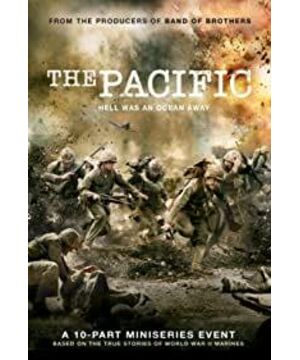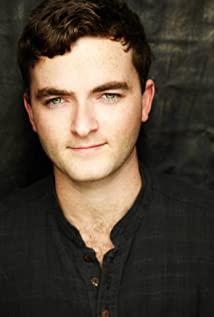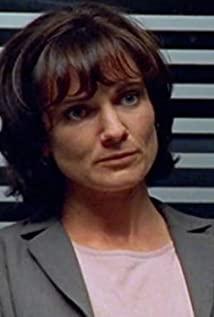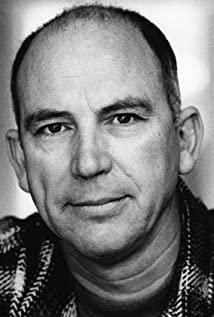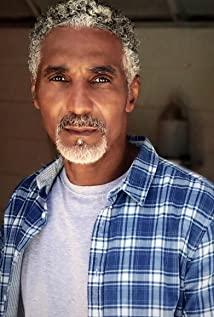To be honest, when I saw the fourth episode, I really couldn't hold on. I started the Pacific War because I loved Brotherhood too much, and I couldn't get out of that surging emotion at all.
However, the opening episodes in the Pacific are full of long rainy nights on the island, jungles, hot flashes, muddy water, disease, and a few short night battles with opponents who hear nothing but gunfire and don't understand tactics, and a few night battles in Lekki, Australia. Love these small incidents that end at the beginning. I can't figure out the key points in the narrative of these episodes. Oh, it seems to be talking about the physical torture of soldiers in extreme environments. Oh, it seems to be talking about the psychological torture of soldiers who like to attack at night and disappear. Oh, it seems to be talking about the psychological torture of soldiers. Falling in love in times of war will not end well. So the first few episodes weren't very appealing to me, and after watching episode 4 I stopped for a long time and didn't start the show again.
However, I am fortunate to open it again, if I don't stick to it, I will not find that this is also a great work. From the battle of Peleliu Island in episode 6, the war began to show its most tragic appearance.
During the daytime battle, there were countless sacrifices in every charge. In just a short journey through the airport, the comrades who were rushing in front of them one second were blasted into stumps and severed heads the next.
The night is more terrifying and long, the heavy rain that does not end, and the enemy who may charge at any time, make the soldiers' psychological defense line collapse. Soldiers who howled wildly in their sleep could only be killed by their own gun butts; soldiers who left foxholes at night were treated as enemies and shot to death; Emerging enemies suddenly pursued; even the corpses of comrades were dug up in the process of digging foxholes. At this time, I will gradually realize that without the foreshadowing of the previous episodes, I will not deeply feel how soldiers endure endless torture in such an environment for a long time.
In the impression, it should also start from the sixth episode, and everyone began to ask: Why won't the devil surrender? Why didn't they surrender? This problem recurred several times in the future.
After the captain sacrificed, Eugene and the deceased were sitting around the corpse of the Japanese army. Eugene started to dig out the golden teeth of the devil's body with a knife. He had been abused by the perverted enemy and was about to collapse, so he desperately wanted to vent his feelings. mood. However, the bad man stopped him. Maybe in the bad man's heart, he never wanted the milky Eugene to become an emotionless killing machine. In the end, the scene of the bad man sitting at a high place and throwing stones at the half-human head really made me not know how to describe the feeling in my heart, and I also wanted to follow along and ask: Why haven't the devils surrendered? Why isn't this damn war over yet?
And if Peleliu and Iwo Jima are already extremely tragic, then the capture of Okinawa is hell on earth. On land, civilians were pushed into the battlefield as human bombs, and the women holding their children were instantly blown into blood. The children who were still drinking after the shelling lay beside their bloody mothers. At sea, kamikazes launched a continuous and frenzied suicide attack on aircraft carriers and warships with a bomb-for-ship request. The Japanese army has obviously run out of ammunition, but they still do not surrender. If you don't have the perspective of God, you will also be in despair. You really don't know how long you will be tortured by such an enemy. As a Chinese, I would also think that, under the circumstances at that time, the US military with joint strike capabilities of land, sea and air is still here. What a firm belief in victory and what an unimaginable price was paid to persist for so many years until the moment of victory.
At the same time, the last episode after the victory of the war is really very, very sublime. I also watched the whole drama before I can sum it up. Different from the narrative style in which each episode of Brotherhood has a theme and story line, Pacific Ocean War conveys a theme with a whole play, that is, war, the ruthless destruction of human body and soul.
When the war befalls everyone, it is a disaster of annihilation. The dead sacrificed tragically in various ways, and those who are lucky to survive will be tortured for the rest of their lives.
As a digression, when watching this drama, you can feel the powerful logistics and transportation support capabilities of the U.S. military. In the face of such a powerful war machine, our volunteers are in the Korean battlefield where there is little food and clothing, and lack of air firepower. They still fought hard and tenaciously to win the battle, and what a hero they are.
Finally, I sincerely hope that the world will be peaceful, this is really not a wish of the false Dakong. May the world be at peace, and every step of our human development process in the future can be a little closer to true peace.
View more about The Pacific reviews


